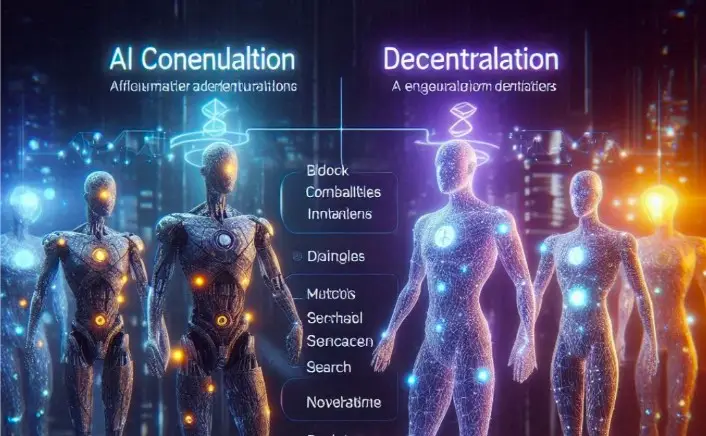Decentralization is the backbone of blockchain, but are networks genuinely decentralized, or is it just a claim?
Decentralization in blockchain ensures resilience and censorship resistance. But are protocols incentivizing decentralization, or is centralization creeping back?
Is Blockchain Really Decentralized?
Decentralization is a core promise of blockchain, designed to create a more resilient, censorship-resistant alternative to traditional centralized systems. But how decentralized are today’s top protocols?

To assess decentralization, we must look beyond the number of validators or miners. Several factors play a critical role:
Key Factors Affecting Blockchain Decentralization
1. Hosting Facilities
- If most nodes are hosted on a few centralized data centers, decentralization is at risk.
- Example: In 2022, Hetzner shut down 40% of Solana validators, revealing the dangers of over-reliance on a single hosting provider.
2. Jurisdictional Distribution
- Geographic location impacts regulatory risks.
- A network dominated by nodes in a few countries can be vulnerable to government actions or legal restrictions.
3. Client Software Diversity
- If all nodes rely on a single client software, a bug or exploit can disrupt the entire network.
- Networks should encourage multiple implementations of node software to reduce risk.
The Cost of Decentralization
Decentralization comes at a price. Validators operating in remote locations face:
✅ Higher latency, which can reduce their rewards.
✅ Economic pressure to stay close to major clusters, increasing centralization risks.
✅ Lack of incentives to deploy in underrepresented regions.
Most blockchains do not reward decentralization adequately. Instead, centralization is often indirectly incentivized through efficiency-based rewards.
How Can Blockchain Networks Promote Decentralization?
To maintain decentralization, blockchain protocols must:
✔️ Incentivize geographically dispersed nodes with better rewards.
✔️ Encourage hosting on diverse infrastructure providers rather than relying on centralized data centers.
✔️ Support multiple client software options to prevent single points of failure.
Without these measures, economic efficiency will push blockchains toward centralization, undermining their core purpose.
True decentralization must be engineered into the system—not left to chance.
DeepSeek vs. ChatGPT, Gemini, and Copilot: Key Differences
If you’re looking for a next-gen AI assistant, here’s how DeepSeek compares to ChatGPT, Gemini, and Copilot:
🟢 DeepSeek: Advanced AI model with superior reasoning and problem-solving capabilities.
🔵 ChatGPT: Popular for conversational AI, optimized for human-like interactions.
🟡 Gemini: Google’s AI, deeply integrated with Google Search & Workspace.
🔴 Copilot: Microsoft’s AI, heavily focused on productivity & coding support.
🚀 Which AI suits your needs best? The answer depends on whether you prioritize creativity, search, coding, or general conversations.
Conclusion
Decentralization should not just be an aspiration—it must be an incentivized, measurable reality. Similarly, choosing the right AI assistant depends on understanding its strengths.
👉 What are your thoughts? Is blockchain moving towards centralization despite its original promise?
| Platform | Link |
|---|---|
| Website | Visit Website |
| YouTube | Visit YouTube |
| Visit Instagram | |
| Visit Facebook | |
| Telegram | Join Telegram |
| Join WhatsApp Channel |
- Crypto Market: Fed Cut, Regulation, Price Outlook
- Fed Rate Cut: Bitcoin’s Price Reaction
- Fed Rate Cut: Crypto Market Impact & Future
- Crypto Market Volatility & Institutional Adoption
- Crypto Market Outlook: Challenges and Opportunities